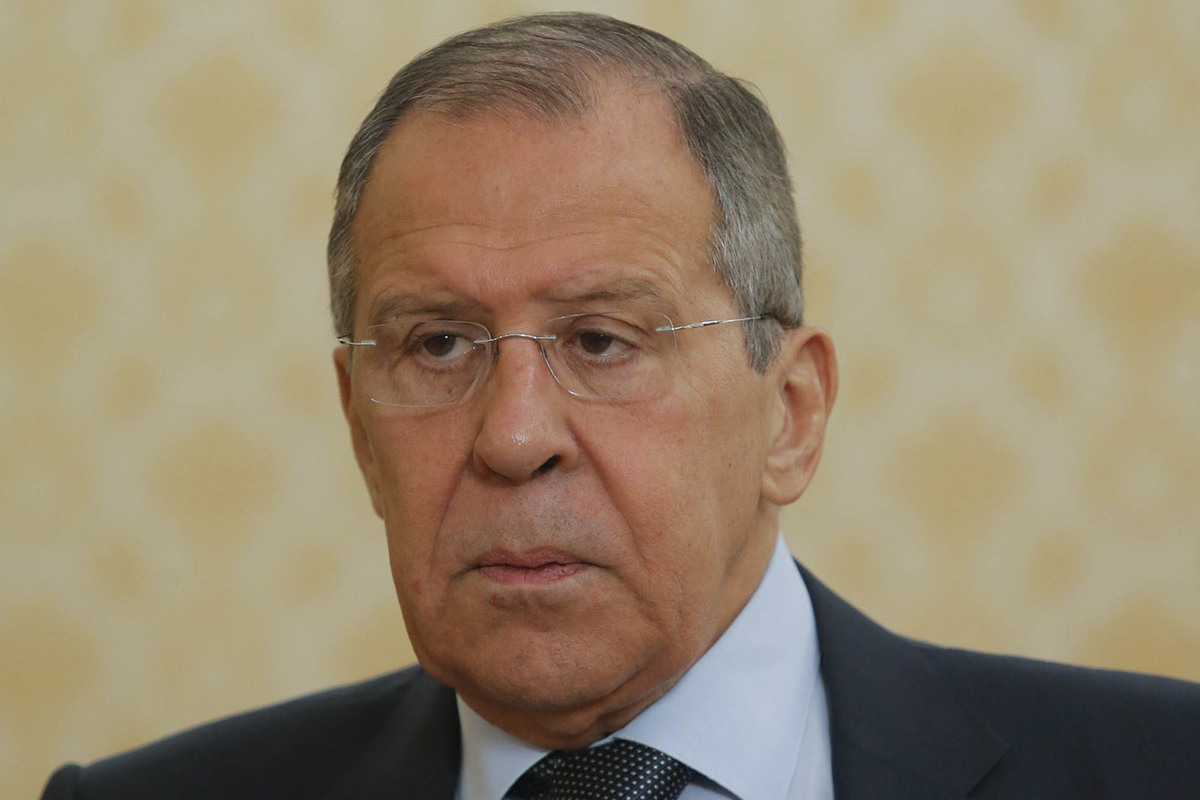Lavrov sent EU ambassadors: diplomacy between Russia and the West has plunged into suspended animation
[ad_1]

What are the times – such are the “external” relations
Without a piece of paper you are a bug, but with a piece of paper you are a person – or, perhaps, half a person, some not entirely clear individual, who, perhaps (precisely, perhaps nothing more) will be allowed into the Russian Foreign Ministry. According to the latest revelations of Sergei Lavrov, this is what the process of “diplomacy” looks like today between the Russian Foreign Ministry and the ambassadors of European countries, who, before the presidential elections, refused to appear for an audience with our Minister of Foreign Affairs: “We informed them that from now on, at any level – be it an ambassador, an attache and everyone in between – if they have an interest in communicating with the Russian authorities, we will consider each such request separately and decide whether to agree to such contact or not.”
In the comparatively close in time, but infinitely distant in geopolitical terms, early years of Putin’s rule, one then-American ambassador to Russia annoyed official Moscow so much with his endless teachings that they simply stopped inviting him anywhere. But then it was a separate isolated episode, an exception to the rule. And now the exception to the rule in relations between Russia and the West is the usual, routine diplomatic process. The other day, the Russian ambassador refused to appear in response to a summons from the Polish Foreign Ministry, where they wanted to hand him a note of protest in connection with the alleged launch of a Russian missile into Polish airspace. And the “special song” is today’s “diplomacy” between the Russian Embassy in Washington and the American authorities. According to stories, our diplomats are not particularly willing to be allowed into the State Department building and, as a result, working contacts sometimes take place on a bench in the park near the State Department.
As a result, many Russian missions in Western countries and many Western diplomatic missions in Moscow have now turned into offices whose main purpose is to maintain their own functioning. Another quote from Lavrov’s interview with Izvestia: “The whole diplomacy with the West now is that we have embassies there and they have embassies, and these embassies, consulates general, which have survived, still need to function. And questions are being discussed about how to ensure that the activities of diplomatic missions are financed so that they can purchase the items, vehicles, and equipment necessary for their activities.”
In short, bureaucracy for the sake of bureaucracy. It’s an unfortunate situation—unfortunate, but entirely to be expected. When “the guns speak,” diplomats are not always silent. But the meaning of the current geopolitical duel between Moscow and the West is that each side expects a radical change in the situation “on the ground” – on the battlefield. In the meantime, there is no such turning point, there is simply nothing to talk about to Russian and Western diplomats. In this broad sense, as I have written more than once, Moscow’s main “diplomat” is now the Russian army. In a narrower sense, Russia’s main “diplomat” in relations with the West is also not the Foreign Ministry, but structures that are commonly called “special services.” The head of the CIA, Bill Burns, and the director of the Russian Foreign Intelligence Service, Sergei Naryshkin, the contacts between these two figures are also not easy. I remember, for example, how a certain amount of time ago Burns publicly accused Naryshkin of “impudent” behavior.
When I heard about this, I almost fell out of my chair in amazement: Sergei Evgenievich is one of the most polite, most impeccably correct senior officials I have ever met in my entire life. But the main thing here, of course, is not this “exchange of pleasantries,” which seems something insipid and boring against the backdrop of what is happening now (“you have manure in your mouth” – “and you need to wash your mouth with soap”!) The main thing The point is that these contacts still exist and are regular. Well, the fact is that in terms of ensuring “external relations” with the West (for those who don’t remember: the department on Smolenskaya Square was called the “Ministry of Foreign Relations” in November-December 1991), the Ministry of Foreign Affairs has turned into, let’s say, not quite a primary structure – this is such a sign of the times. Such are the times, such are foreign relations.
[ad_2]
Source link








